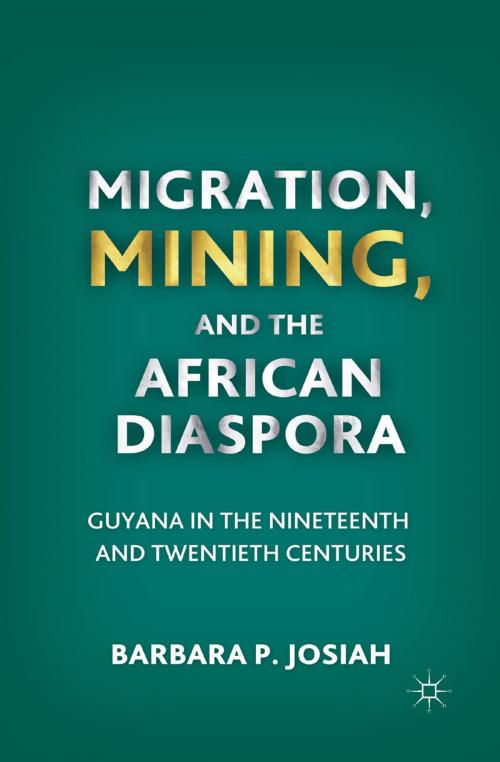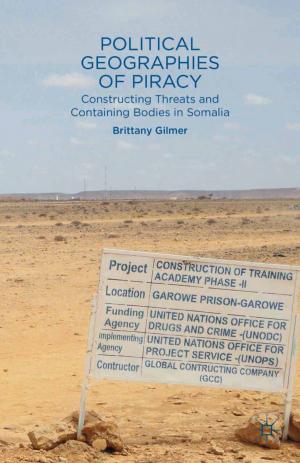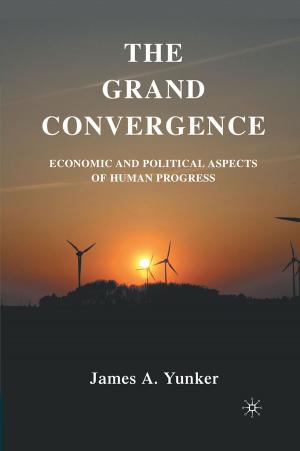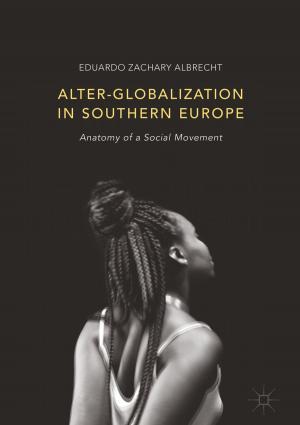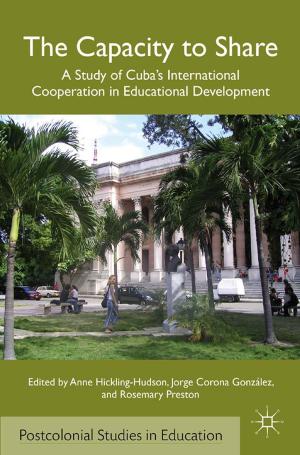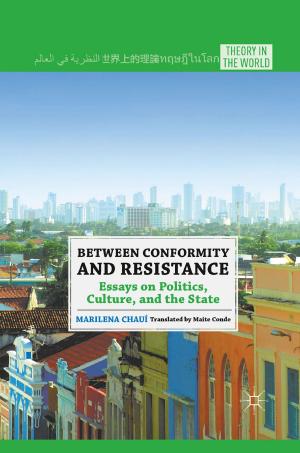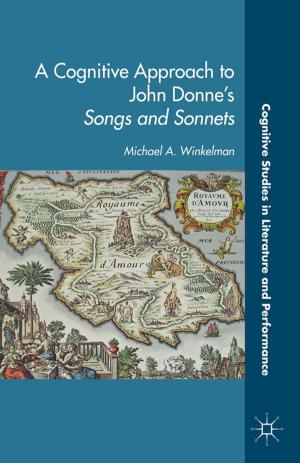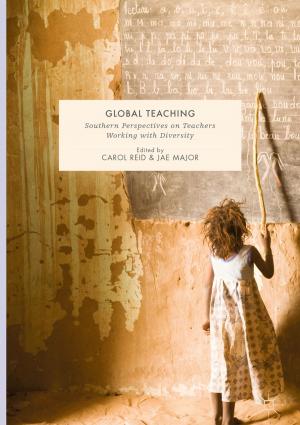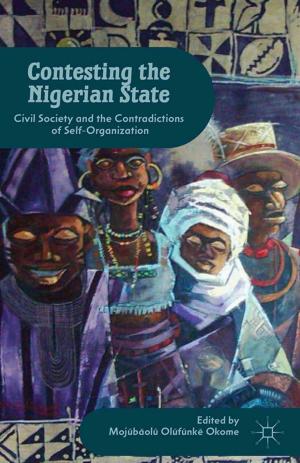Migration, Mining, and the African Diaspora
Guyana in the Nineteenth and Twentieth Centuries
Nonfiction, History, Africa, British| Author: | B. Josiah | ISBN: | 9780230338012 |
| Publisher: | Palgrave Macmillan US | Publication: | November 7, 2011 |
| Imprint: | Palgrave Macmillan | Language: | English |
| Author: | B. Josiah |
| ISBN: | 9780230338012 |
| Publisher: | Palgrave Macmillan US |
| Publication: | November 7, 2011 |
| Imprint: | Palgrave Macmillan |
| Language: | English |
From the late 1800s, African workers migrated to the mineral-rich hinterland areas of Guyana, mined gold, diamonds, and bauxite; diversified the country's economy; and contributed to national development. Utilizing real estate, financial, and death records, as well as oral accounts of the labor migrants along with colonial officials and mining companies' information stored in National Archives in Guyana, Great Britain, and the U.S. Library of Congress, the study situates miners into the historical structure of the country's economic development. It analyzes the workers attraction to mining from agriculture, their concepts of "order and progress," and how they shaped their lives in positive ways rather than becoming mere victims of colonialism. In this contentious plantation society plagued by adversarial relations between the economic elites and the laboring class, in addition to producing the strategically important bauxite for the aviation era of World Wars I & II, for almost a century the workers braved the ecologically hostile and sometimes deadly environments of the gold and diamond fields in the quest for El Dorado in Guyana.
From the late 1800s, African workers migrated to the mineral-rich hinterland areas of Guyana, mined gold, diamonds, and bauxite; diversified the country's economy; and contributed to national development. Utilizing real estate, financial, and death records, as well as oral accounts of the labor migrants along with colonial officials and mining companies' information stored in National Archives in Guyana, Great Britain, and the U.S. Library of Congress, the study situates miners into the historical structure of the country's economic development. It analyzes the workers attraction to mining from agriculture, their concepts of "order and progress," and how they shaped their lives in positive ways rather than becoming mere victims of colonialism. In this contentious plantation society plagued by adversarial relations between the economic elites and the laboring class, in addition to producing the strategically important bauxite for the aviation era of World Wars I & II, for almost a century the workers braved the ecologically hostile and sometimes deadly environments of the gold and diamond fields in the quest for El Dorado in Guyana.
